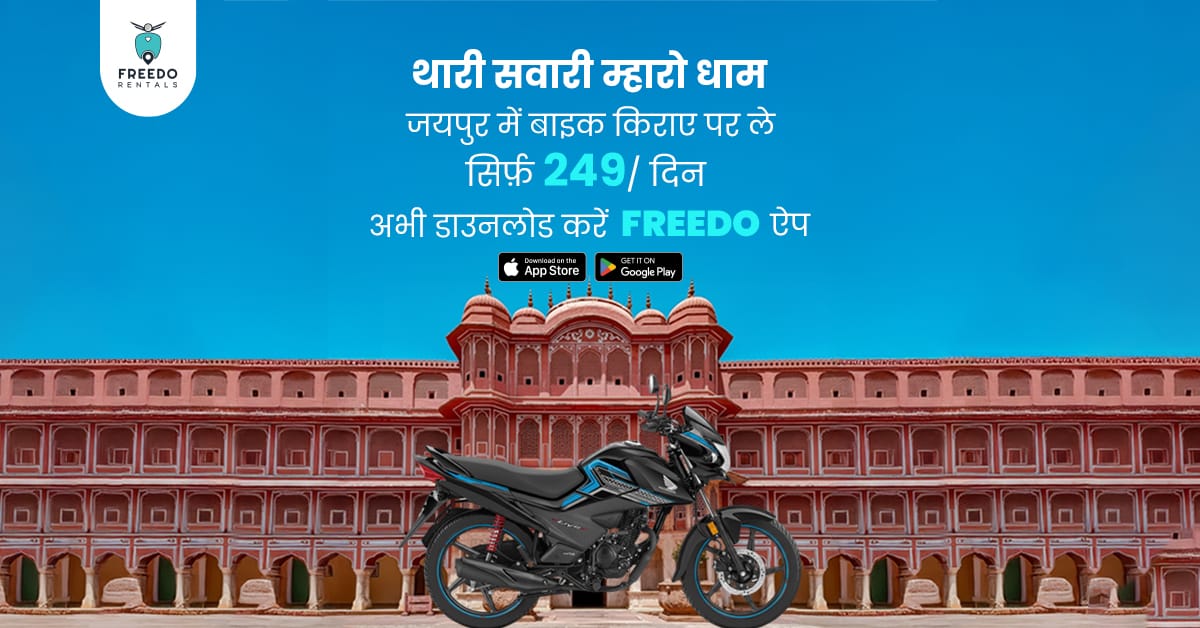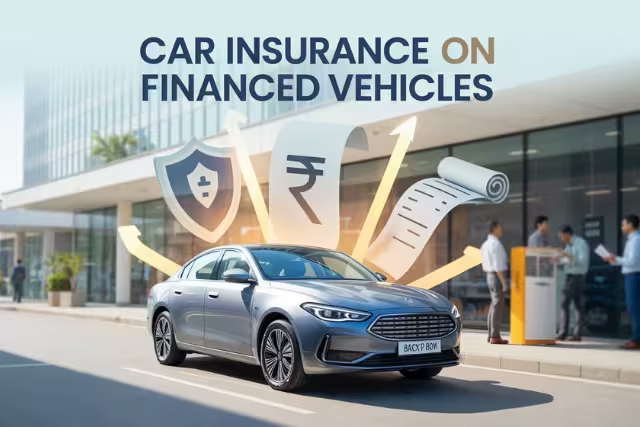Buying a car through financing can be a very exciting step in one’s life, which brings about a lot of strings about car insurance on financed vehicles. Unlike buying the car outright, when you finance it, the lender holds the vehicle “in trust” until your loan is paid in full. So either way, you get to protect your investment with certain insurance coverage, with some restrictions possibly favoring the lender even more. In this guide, we will walk through what insurance for financed cars usually includes and why, how to save on insurance, and what you ought to consider before driving away from the dealership.
Car Insurance on Financed Vehicles: What Does It Include?
When you finance a vehicle, your lender will generally require that you carry insurance that exceeds the state minimum. That is because the lender wants to be assured that their asset, the vehicle, is protected against damage or total loss.
Here’s what insurance on financed vehicles typically includes:
1. Comprehensive Coverage
Covers non-collision happenings such as theft, vandalism, fire, falling objects, natural disasters, and animal damage. It ensures your lender is paid off whenever the vehicle sustains damages or is destroyed by factors outside your control.
2. Collision Coverage
Pays for any damage to your car in the event of an accident regardless of who was at fault. You may have collided with another vehicle, a tree, or a pole; collision coverage pays to get your car into shape or reimburses you for the actual value.
3. Gap Insurance (Sometimes Required)
If your car is categorized as a total loss, this coverage pays the difference between the current market value of your vehicle and what you owe on your loan. Considering the quick depreciation of any automobile, gap insurance is vital when financing a vehicle.
4. Liability Coverage
Liability insurance, a requirement by law in most states, is another crucial requirement when financing a vehicle. It covers medical bills, legal fees, and property damage if you are the responsible party in an accident.
5. Uninsured/Underinsured Motorist Protection
This covers you if the other driver, despite not having the insurance or having insufficient insurance, sparks a claim case against you. Some lenders may incorporate this with the insurance requirements.
Why All This Coverage?
In lenders’ eyes, risk management is paramount. And if a vehicle gets totaled without proper insurance or the insurance is under the required minimum, the lender can face a loss. Hence, for such vehicles money is lent, and the insurance policies generally carry greater comprehensiveness than what is set by respective states as the minimum. If you’re thinking about skipping this requirement, consider what happens if you cancel insurance on a financed vehicle. The lender might place force-placed insurance on the car—often more expensive and with less favorable terms, or in extreme cases, they might initiate repossession. It’s simply not worth the risk.
How to Lower Insurance Costs on a Financed Vehicle
Insurance on financed cars is very expensive because of the extra coverage, but there are some ways to reduce premiums without compromising on protection:
1. Bundle Policies
Texas auto insurance companies may give discounts if you bundle auto insurance with other types of insurance; for example, an earthquake policy with a homeowner’s policy, or a flood policy with a renter’s insurance policy.
2. Maintaining a clean driving record
Safe driving comes with discounts. Avoid speeding tickets, at-fault accidents, and traffic citations.
3. Higher deductible
Choosing a higher deductible (the amount you will pay out of pocket in the event of a claim) will lower your premium. Just make sure you can front the cash to pay that deductible if it comes up.
4. Shop Around
It is always a good idea to get quotes from several different insurance providers. Rates vary wildly depending on your driving record, credit score, and vehicle type.
5. Find out about any discounts
Insurance companies are known to give discounts for, say, taking defensive driving courses, installing an anti-theft device, being a good student, etc.
6. Improve Your Credit Score
In numerous states, a credit rating is an important consideration in calculating insurance risk. High credit ratings usually translate to lower premiums.
7. Don’t Over-Insure
Beyond what the lender requires, steer clear of anything extra your policy doesn’t need. Periodically review your policy to remove any unnecessary add-ons.
Premium reduction alone is always a welcome relief, especially when you also have monthly loan payments to worry about. Nevertheless, always prioritize the coverage required by your lender.
Conclusion
Every car owner who has taken a loan to pay for their automobile has more responsibilities aside from monthly payments. One of the most important obligations is carrying the right car insurance on financed vehicles. The lender will most probably insist that you maintain full coverage insurance on it, including comprehensive and collision insurance, and, in some instances, a mismatch or gap insurance to keep the vehicle insured and protected all through the life of the loan.
Sure, these requirements will increase your premiums, but with smart moves-bundling policies, shopping around, and maybe keeping a good record while on the road you will be able to pay less for them. Eventually, one has to safeguard oneself, the car, and the money-another way of stating it is to work within the terms of the loan.
Grasping car insurance on financed vehicles will be beneficial to make a confident and informed decision before as well as after buying your car. And remember: what happens if you cancel insurance on a financed vehicle isn’t just an inconvenience; it could lead to expensive forced insurance policies or even repossession. Always stay insured until the car is fully paid off.
Frequently Asked Questions (FAQ’s)
1. Do I need full coverage on a financed car?
Yes. Comprehensive and collision coverage are often also required by most lenders in addition to the liability insurance required by the state.
2. What happens if I cancel my insurance on a financed car?
Should you fail to keep up payments on the loan, your lender might secure a policy on your behalf (usually at a premium) or could even repossess the car.
3. Is gap insurance mandatory for financed vehicles?
This is not always so, but many lenders really do recommend or require it, especially when you are giving a darn small deposit or when you are financing a new car that is depreciating very rapidly.
4. Can I switch insurance companies if I have a financed vehicle?
Yes, you can switch providers; but make sure you purchase a new policy that meets all the coverage conditions laid down by your lender.
5. Will my insurance rate go down after I pay off my car loan?
Maybe. Full coverage may not be a requirement at this stage, even by the insurance policy. However, after paying off your car completely, you are at liberty to withdraw or alter the type of coverage hence reducing the amount to pay for a premium.
Compare quotes, understand your coverage, and protect your financed vehicle the right way. Visit AutomagToday now for expert guides and the latest insurance tools tailored to your financing needs.


